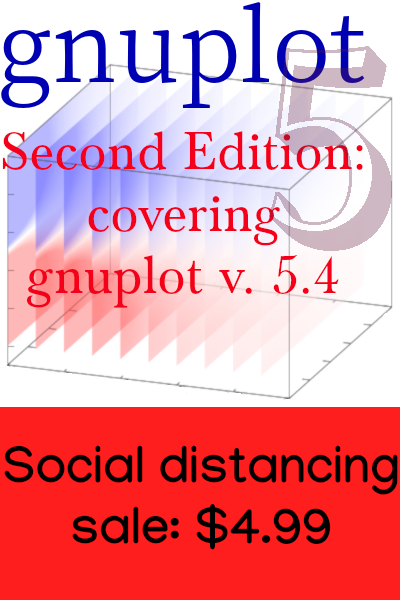The Situation with Web Fonts
I wasn’t aware until reading this that Firefox 3.5 and Safari 4.0 (and apparently Safari ≥ 3.1) could download fonts specified in stylesheets (using the @font-face rule) and use them to render pages on the fly. I tried it and it works, and is cool. Safari shows you blankness while it downloads the fonts, whereas Firefox renders the page with default fonts immediately, then replaces elements as it downloads the specified typefaces, which creates an entertaining effect. I recommend the article as a concise introduction to current problems in web typography.
These web people are working hard to solve problems that were solved by PDF years ago. PDFs can do pretty much anything a web page can do, except reflow text, but people still don’t like them. I find that with a fast connection I can browse between PDFs and webpages seemlessly: does it make sense in the age of broadband to abandon the struggle with HTML and CSS and just use PDF? Certainly Google can index PDF files, and recent readers can search them reasonably fast. The PDF format solves all the problems of typographic control, and control of everything else, that web designers are always sweating to find clever solutions for. The pages look the same everywhere; there is no problem of some browser (in other words, I.E.) not supporting something properly. If you need equations or something else typographically complex, you don’t have to wonder whether you should use mathML or images, you just use your favorite tool (which should be TeX) and you’re done. Any character, in any font, can be placed precisely anywhere, and it will look the same in any reader. Isn’t that what the designers want?
One problem (but certainly not for people reading content) is the serving of advertising, and the javascript that requires in most cases. But certainly that problem can be solved too. Another potential problem, in some people’s imaginations, would be that the use of PDF might make the development of the semantic web more difficult, but, frankly, the semantic web does not seem to be going anywhere, and there are pretty obvious ways around this problem, too.
Is it time for the web of HTML files to begin to evolve into a web of PDF files?


